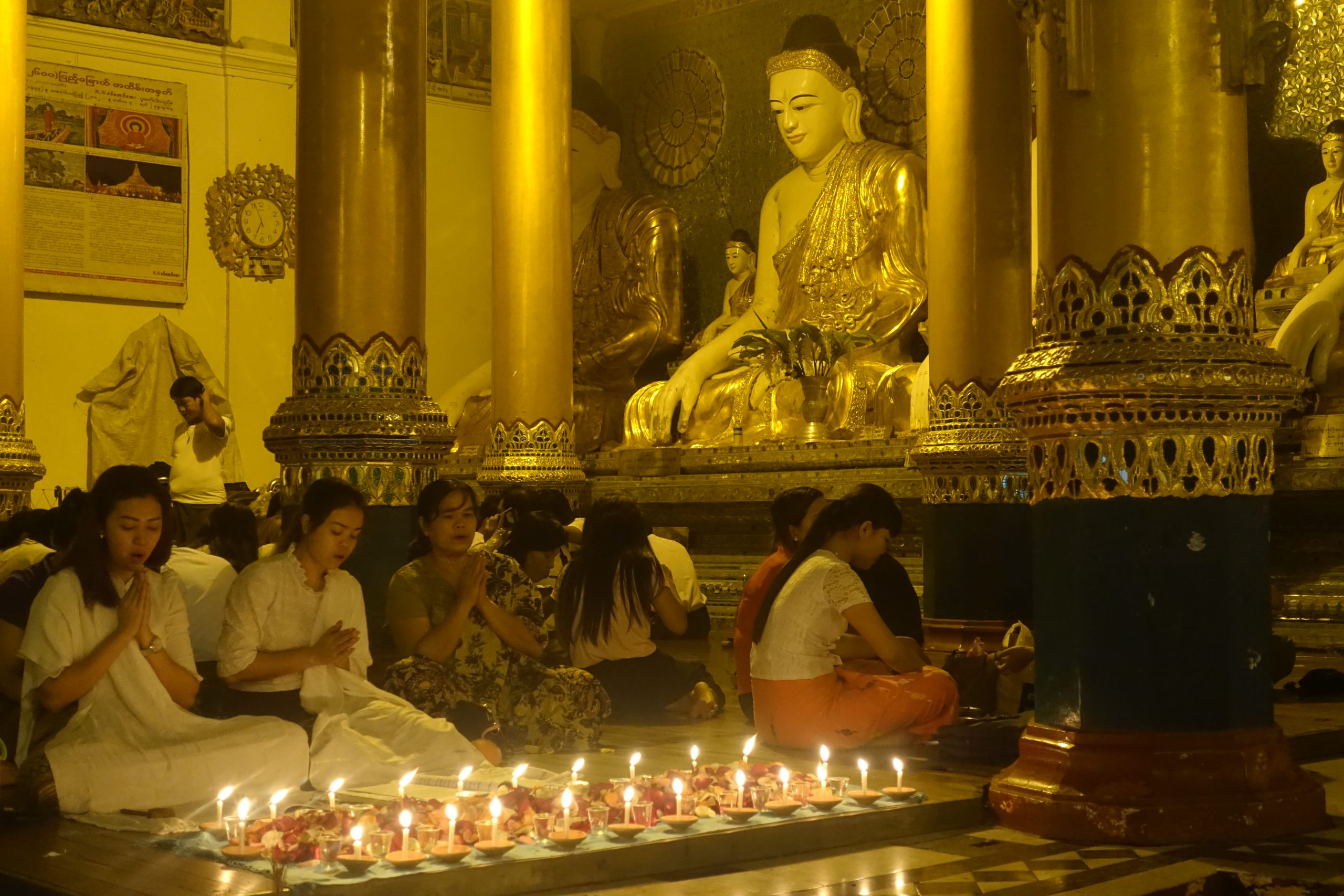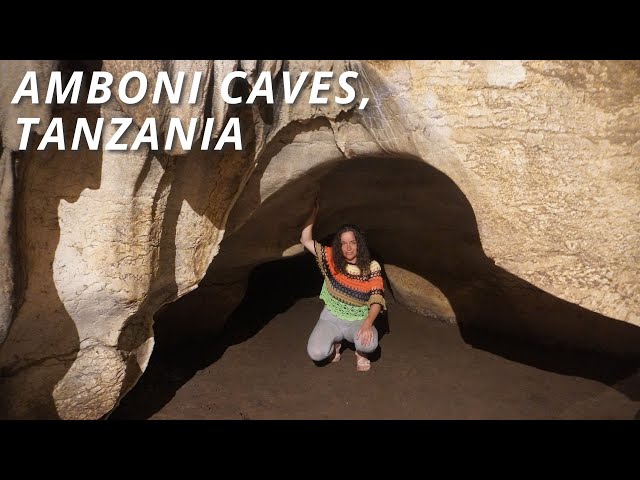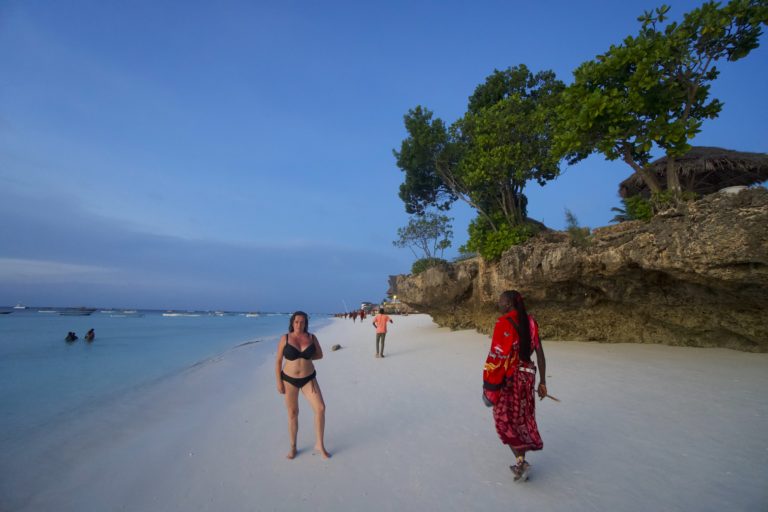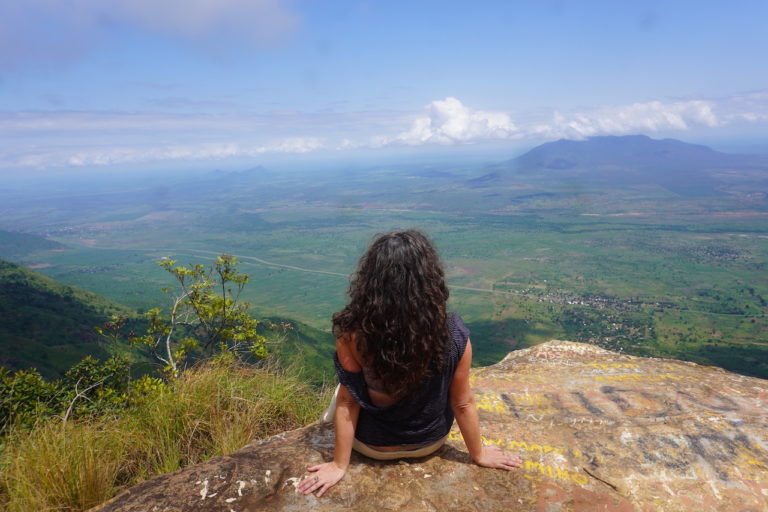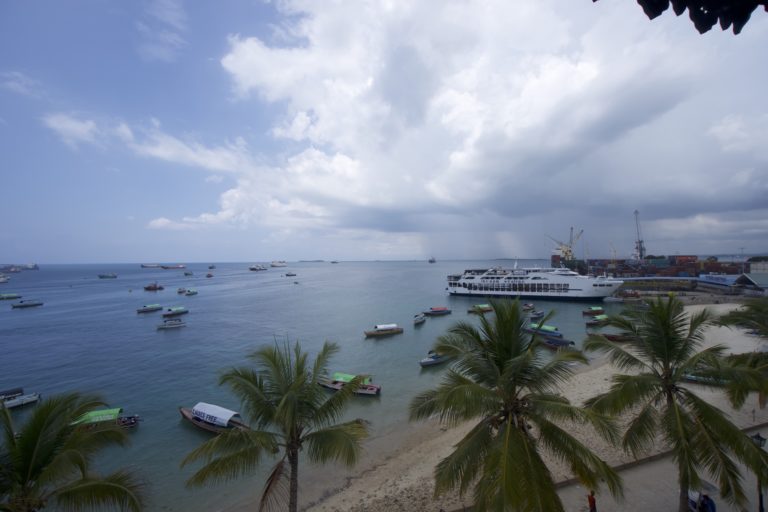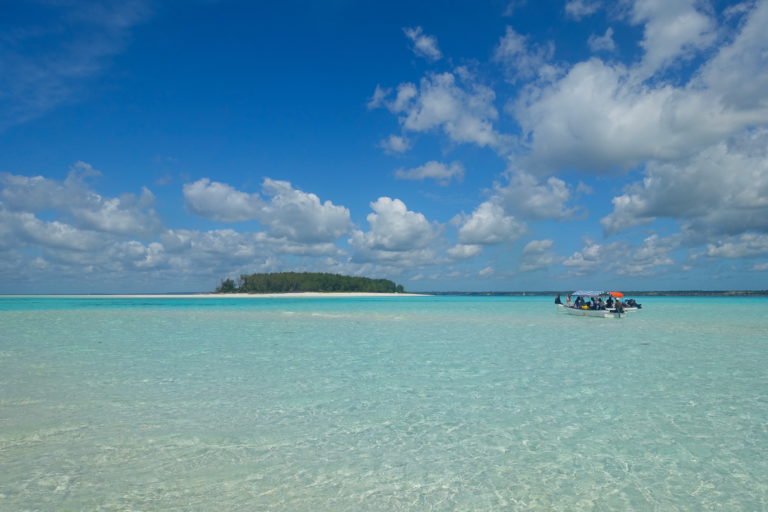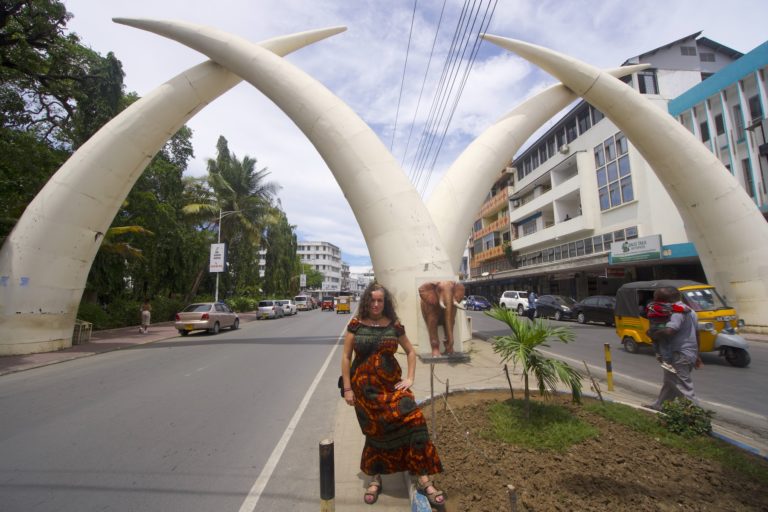WHAT IS CULTURAL TRAVEL? HOW TO BE A MORE IMMERSIVE AND CONSCIOUS TRAVELER
Travel is the best way to experience the world and its unique and diverse cultures. We absorb information through our five senses, and this makes of travel a learning experience superior to most of those taught in formal education.
However traveling can have a negative impact in the places we visit and damage the local cultures. For example as more Western people traveled to some remote places in Asia, they brought bakery and sugary products that are not so healthy as the food these communities used to consume. In other locations traveling has brought global food chains that have replaced the local food restaurants, and ugly buildings that do not have any balance with the surrounding environment and the local architecture.
Hence it is so important to immerse ourselves in the culture when we travel. Because unconscious travel damages the world and it can destroy the traveling experience for all.
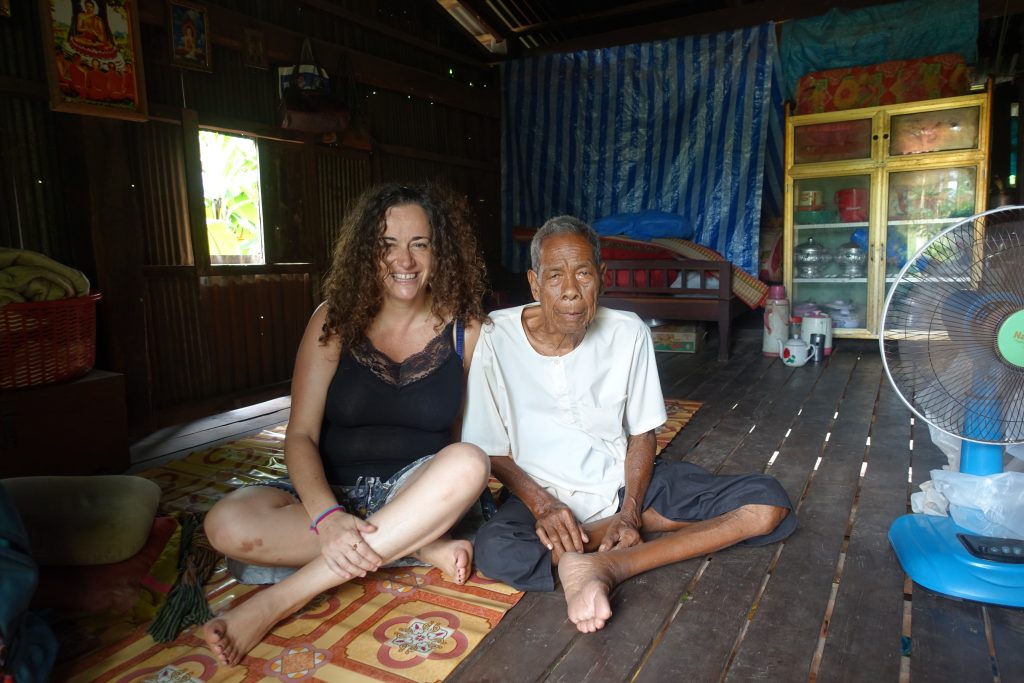
We love travel because of the diversity we encounter in the different locations we explore. From people’s Tanaka painted faces in Myanmar, to strange dead burials in Sulawesi, Indonesia, to the picuturesque villages of Dordogne in France, the uniqueness of each culture is ‘world culture heritage” that should be preserved. That is why cultural and immersive travel is the way to travel.
One of the motifs behind this blog is to help people navigate through the different chapters and stories of the book that is the world while respecting their uniqueness. To bring you out off the beaten path and feel at ease interacting with locals in remote and hidden destinations.
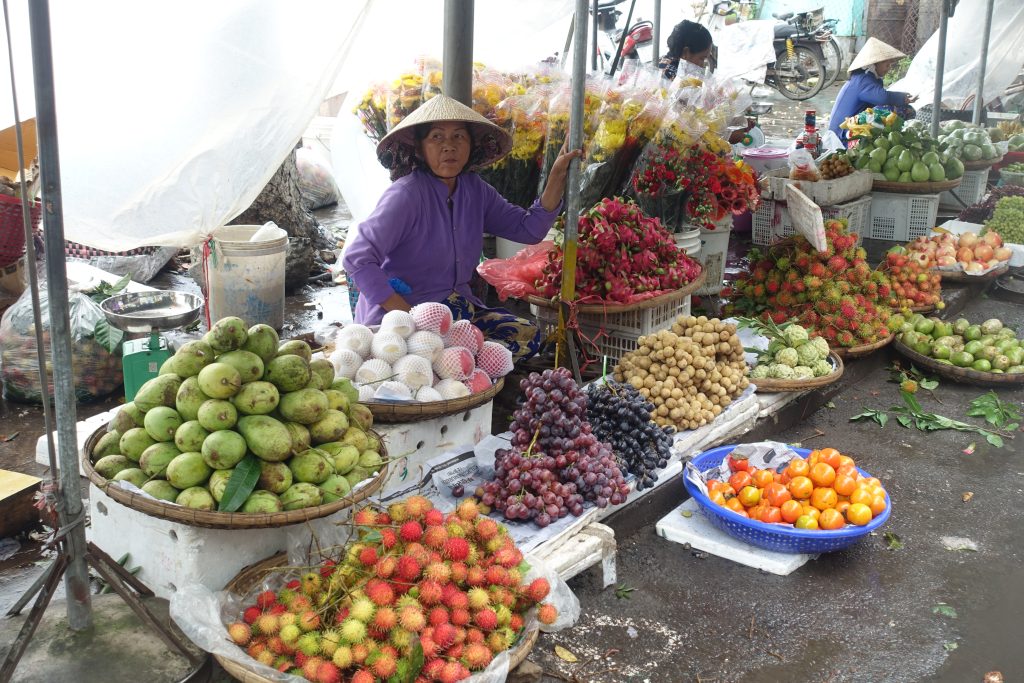
Traveling should be a a culturally immersive experience and this post is about explaining what this is all about.
What is cultural travel?
Culturally immersive travel, immersive travel and cultural travel are all the same.
Cultural travel is about experiencing a destination from the inside and bringing only yourself to the destination. It is about experiencing and getting immerse in the local culture.
Cultural travel is not about the few days or weeks vacation drinking cocktails in an overpacked touristy beach or roaming around searching for the most instagrammable spots in a destination to end up the day getting drunk in one of the many Hard Rock cafes in the world. Vacationing is OK but this is about another kind of traveling what I am writing about here.
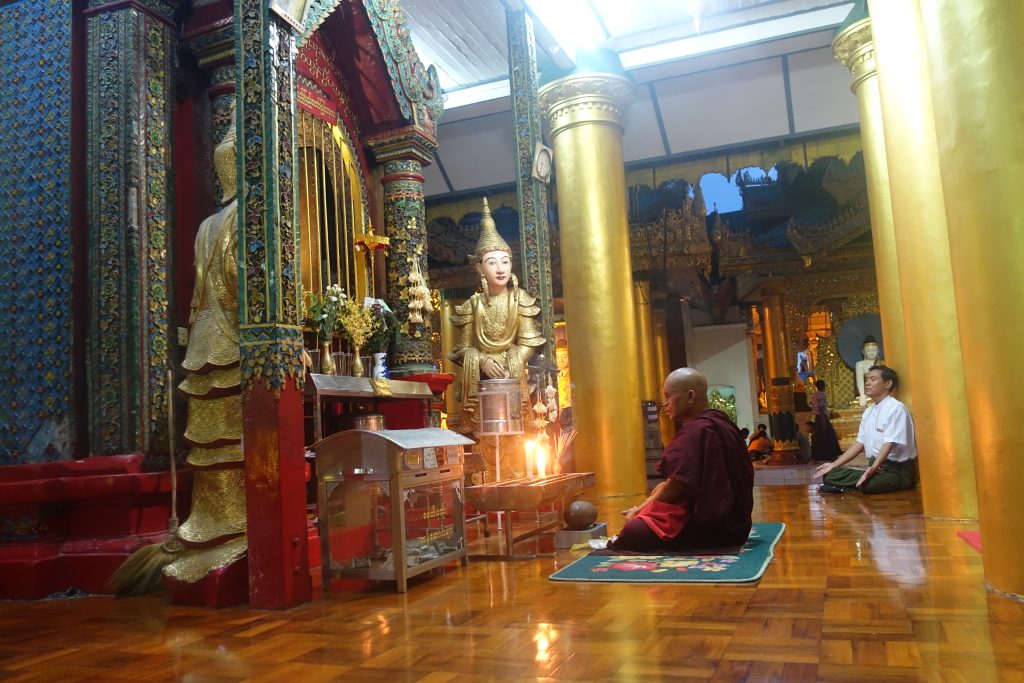
Yes, there are some people who have very limited amount of time for vacation and it is pretty understandable they travel this way, but this kind of traveling can be very harming for the environment and the hosting communities.
Culturally immersive travel is about experiencing a destination as it is. Eating local food, hanging around with the local people and having an open heart and mind for the different ways of being of the people in this world.
It is about building bridges and connections while understanding a different culture and its history. It is about leaving a destination being a better version of yourself while leaving a positive impact behind.
Advantages of culturally immersive travel
It will open your mind and heart
A cultural travel experience will leave you with a more open mind and heart. You will understand why some cultures do things the way they do them and will help you opening your heart and developing empathy toward other people and their way of doing things.
Self confidence
Searching and finding a remote location not available in Google maps while asking local people who do not speak your language is a cultural experience that will leave you empowered and believing: “ If I could do this, I can achieve many other complicated things in life ”
You will see the places as they truly are
Stepping out of the plane to head to your seaside resort and stay there for the entirety of your holidays, will not give you a very good idea what a place is really about. Very respectable way of traveling, not pointing fingers here, but not the kind of traveling that will give you in depth knowledge about the world.
When you stay at a local guest house, eat local food and hang around with locals you will get a perspective of what a place is really about.
Contribute to the local economies
Big global chain operated hotels gains do not usually end up in local hands. When you eat the local food from the “mama” cooking at the bus station on in Tanzania or hire one of the local guides hanging around villages and waiting for tourists, you are helping someone who might not otherwise be able to buy food or pay their rent that month.
You will have more interesting travel stories
Being spontaneous while you travel and accepting invitations from local people as well as experiencing immersive tours can guide you to some of the most remarkable travel stories.
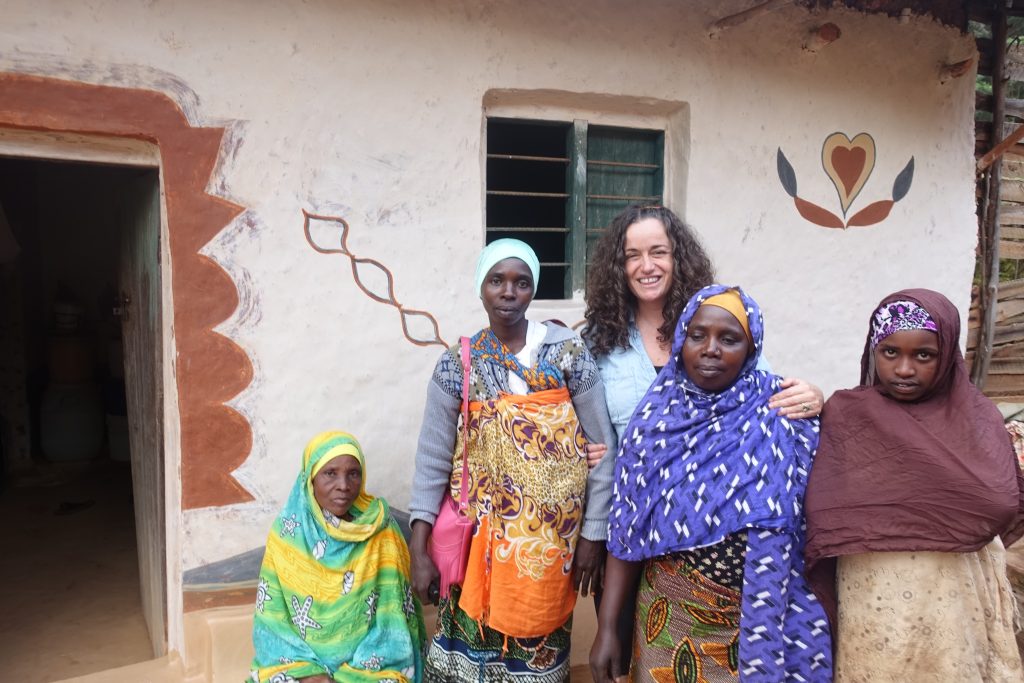
My personal immersive travel stories:
- Attending a Berber Wedding at the gates of the Sahara desert
- Visiting a traditional healer in Tanzania
- Drinking palm wine and sleeping at a local house in Lombok, Indonesia.
Organized trip vs independent travel
An organized trip are those trips in which you buy an all inclusive package in advance and everything, including the itinerary and activities will be planned for you.
This kind of travel, while suitable for the lazy traveler who does not want to bother with planning what to visit and all the other hassles like booking hotels and thinking where to eat the next day, will leave you with little room for improvisation and interacting with locals and the local culture.
A conscientious schedule needs to be followed and guides usually rush people from one to another location.
Opposite to organized trips is independent travel.
Independent travel definition: Any trip organized by the individual without a pre-booking or purchase or a package tour, or booked with a minimum of travel services before departure.
Organized trips and package tours are not my kind of travel. I am an extreme independent traveler who usually lands in a completely unknown destination with the first couple hotel nights booked and no plans more than letting the universe and the local circumstances drawing my journey.
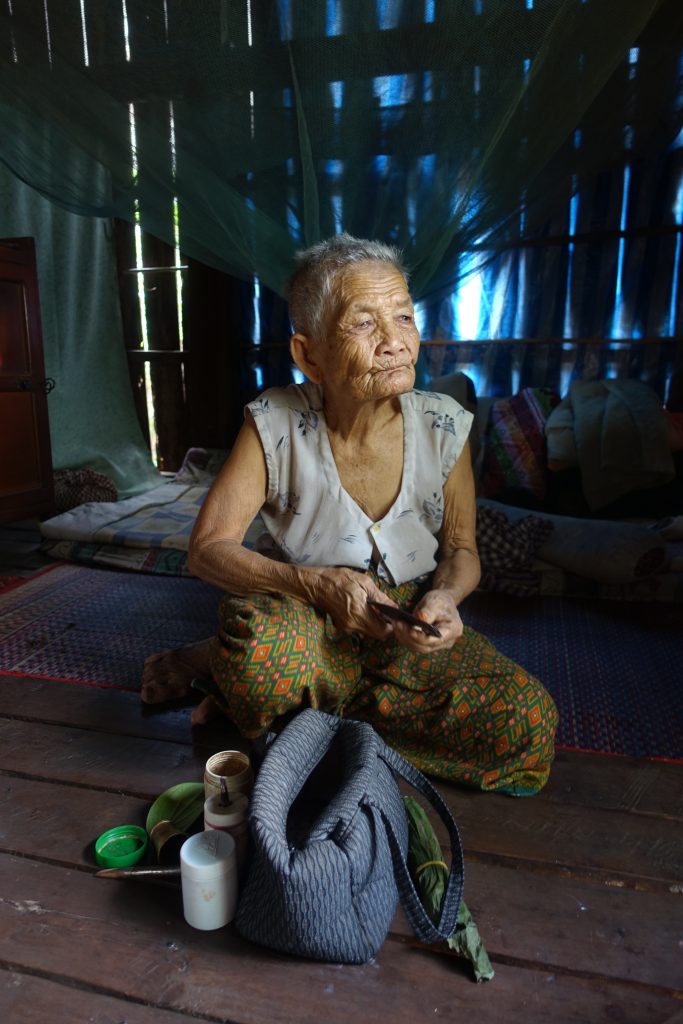
Independent travel gives you more room to have culturally immersive experiences and opens you to serendipitous experiences you might not find any other way.
There are still some difficult things in your trip that you might not be able to do on your own, such as sleeping in the Sahara desert, or climbing mount kilimanjaro. Delegating a difficult part of your travel to a tour company in this situation will make your independent travel a better experiences. In some countries for examples governments do not allow to visit certain areas without local guides.
Which kind of traveler are you?
Do you feel safe dealing with completely different cultures?
Are you interesting in getting to know the culture and history of the country you are traveling to?
Do you have energy to search for your own accommodation and activities on the go?
Do you like to explore destinations at your own pace?
Are you interested in developing local friendships?
Are you interested to go where nobody else’s go?
Do you care about supporting the local economies?
Do you value experience over comfort when you travel?
Did you answer yes to most of this questions? The you are an independent traveler, and culturally immersive travel is right for you.
Choosing the right cultural travel company
There is a point in the life of all travelers when using tour company will be necessary. Make sure you will chose for the right kind of company.
When traveling and meeting up local tour guides in some of the most remote areas of the world I was told that some of these big companies who brag about giving back to the local communities and paying fair wages to the local people, are not more than big corporations that take work from local people and leave them with ridiculous salaries that are not enough to make a living.
Do you research before you enroll to one of these tours.
Is tour company at least partially owned by locals? Does the money goes to the local community? Are living beings treated with respect?
Tips for culturally immersive travel
Immersing yourself in the local culture when you travel is an art. There are some tips that can help you making your trip an authentic immersive travel experience.
Do some research about the culture before reaching your destination
There are some basic things to know about a destination before arriving to melt and no have issued with the local culture. Do enough research to make sure you have a smooth trip and can get the best immersive traveling experience.
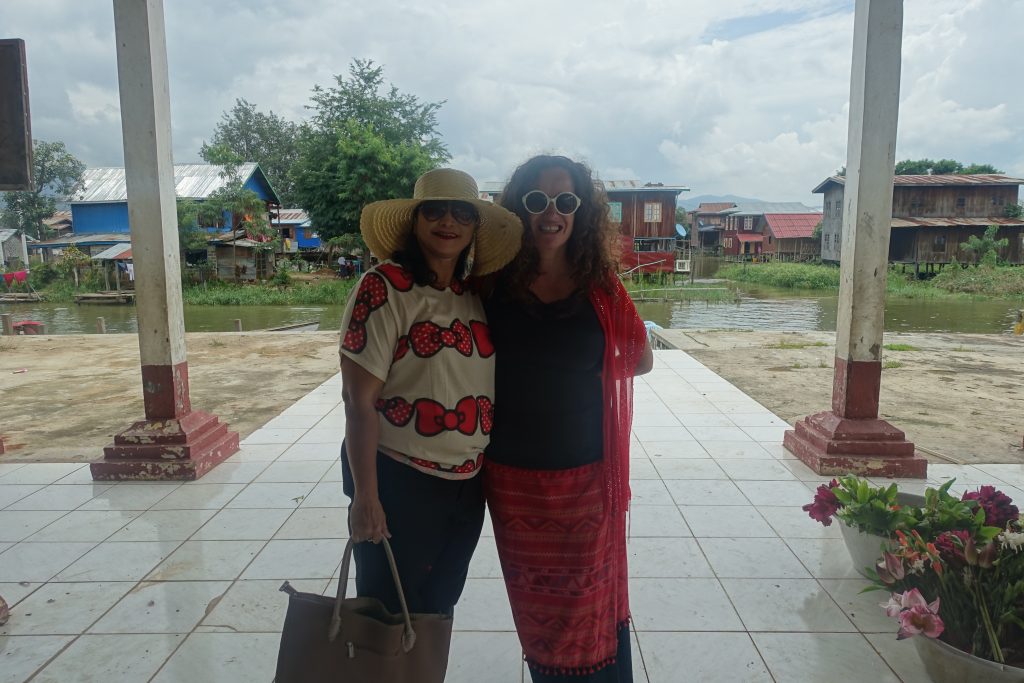
Dress up like the local people do
In countries where the dress code is drastically different that in the Western world wearing the local outfit can open you some doors and conversations with locals.
For example:
As I traveled Morocco and I wore a traditional Moroccan dress and tunic , people will greet me with joy and were starting interesting conversations as I was dressing up like them.
In Myanmar I used the white Tanaka in my face that most locals use and that brought many happy people starting conversations with me and telling me how much more beautiful I would look wearing Tanaka in my face. If I would wear Tanaka in an European city I would probably be taken as a crazy woman.
Learn the very basics of the language
This is quite obvious, people are primed to react better to other people talking the same language. Make sure you learn basic greetings, questions and how to ask directions in the local language before you go.
Learning the basics will pre- dispose you to learn more detailed aspects of the language once there
Eat in local restaurants
You will not only be getting to know a very specific part of the culture but also supporting the local economies when eating in local restaurants.
Use public transport
Travel as the locals do. It will save you a lot of money and you will have a truly cultural travel experience. From taking shared taxis in Morocco to using the “dala dala” and “ boda boda” in Tanzania, using local transportation has not only saved me a lot of money but gained me some local friendships.
Travel slow
Places and people start revealing themselves after some time. Traveling slow will give you a better glimpse of the places you visit and you will discover many things that cannot be found or experienced in a few days.
Get off the beaten path
Go where most tourist do not go and you will find the best experiences and hidden gems in all destinations.
Top destinations for cultural travel
Every destination that has a culture makes a perfect destination for cultural immersive travel. But
the best experiences for cultural travel are when we immerse in a culture radically different that ours.
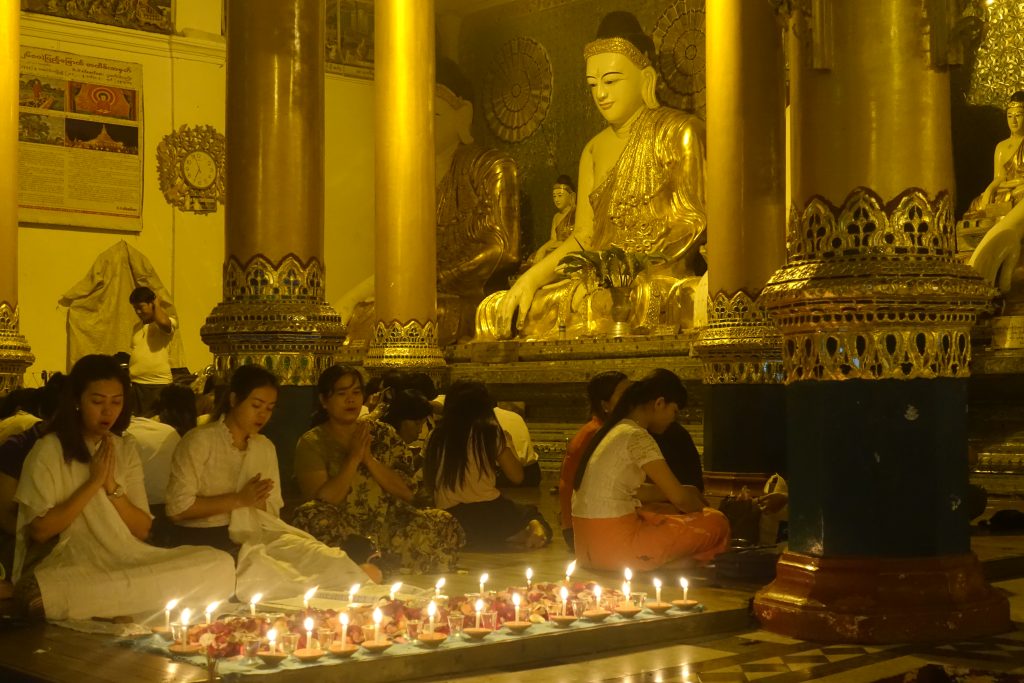
My favorite destinations for this kind of travel are:
- Morocco
- Indonesia
- Cambodia
- Myanmar
- Tanzania
- Egypt
- Vietnam
- Mongolia
- Iceland
- Laos
- BAGAMOYO: LAY DOWN YOUR HEART - April 5, 2024
- IRENTE VIEWPOINT LUSHOTO, USAMBARA MOUNTAINS - April 3, 2024
- 16 FACTS ABOUT BANGKOK - March 31, 2024

